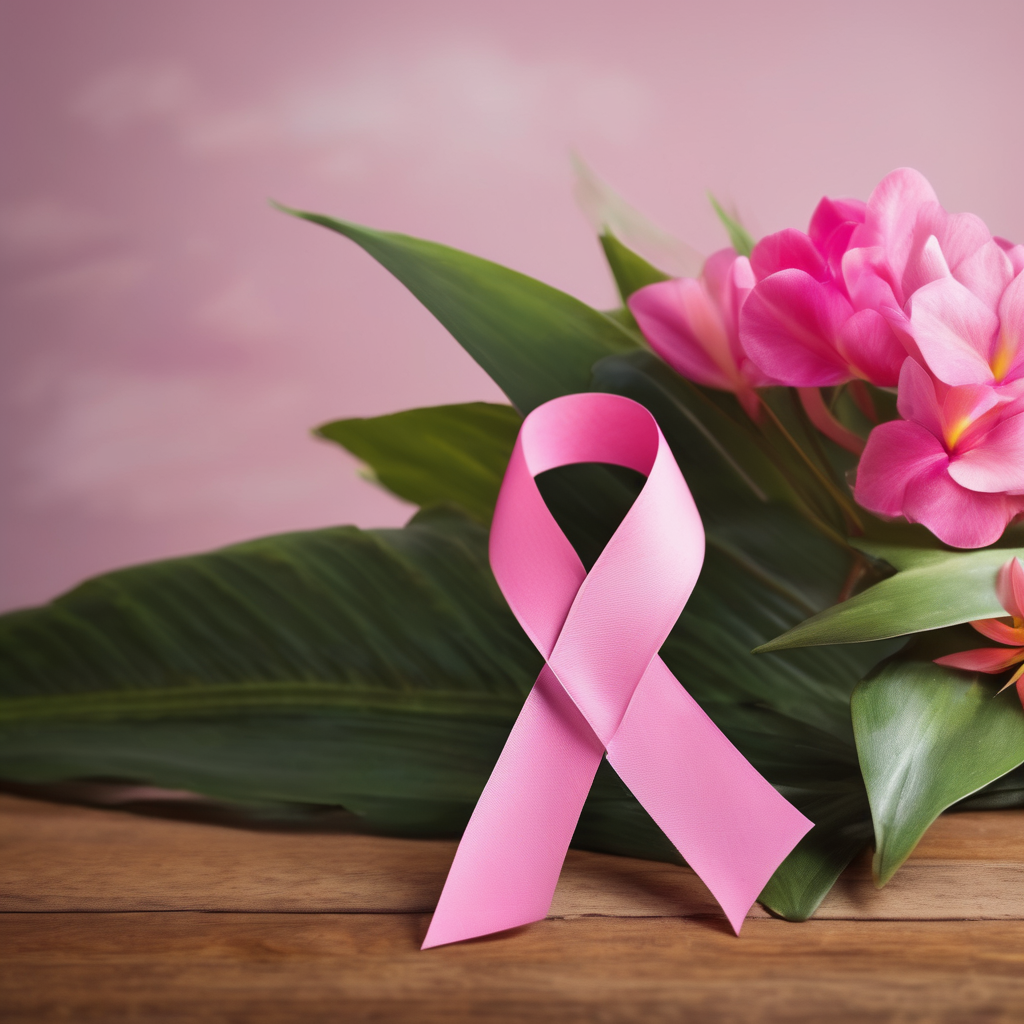At a recent Pinktober gathering, Dr. Ilaitia Delasau, a Consultant General Surgeon at CWM Hospital, highlighted the critical need for timely medical care for breast cancer and other forms of cancer in Fiji. He voiced concerns regarding the stigma surrounding cancer that discourages many individuals from seeking necessary medical attention, a sentiment echoed by numerous health professionals who have noted a rising number of cancer cases in the country.
Dr. Delasau pointed out the prevalent reluctance among Fijians to confront health issues, stating, “Living ignorant of the fact is one of Fiji’s specialties. We love to pretend that everything is okay.” This observation underscores the cultural tendency to use humor as a coping mechanism, which may detract from the seriousness of health problems. He cautioned that delaying medical consultations not only limits treatment options but also adversely affects survival rates.
Adding a personal perspective, Farnia Lord, who was diagnosed with breast cancer in 2021, encouraged others to utilize available medical resources. She expressed her gratitude for seeking help early and emphasized that early detection is critical for successful treatment. “It’s not too late, it’s not the end of the journey,” Lord remarked, advocating for a shift in how breast cancer is viewed in Fiji, a narrative still clouded by misunderstanding and stigma.
These insights from Dr. Delasau and Lord reflect alarming trends highlighted by health professionals in Fiji. Current statistics reveal that a woman is diagnosed with breast cancer every day in the nation, with over 350 new cases reported annually. This alarming trend has compelled various health officials, including gynecologist Dr. Viliame Nasila, to call for increased awareness and proactive measures to tackle this pressing health issue.
The momentum for improving awareness and promoting early detection is essential. Organizations like the Fiji Cancer Society stress the importance of outreach and education, especially in rural areas where healthcare information and services may be scarce. Initiatives are currently underway to empower individuals with knowledge about cancer signs and symptoms, encouraging a culture of proactive health management.
With the collaborative efforts of healthcare providers, community members, and government officials, there remains hope for better health outcomes and a decrease in the stigma associated with cancer. By urging Fijians to confront their health challenges openly and seek timely treatment, the nation can take significant strides in effectively combating cancer and fostering a healthier future for all.
